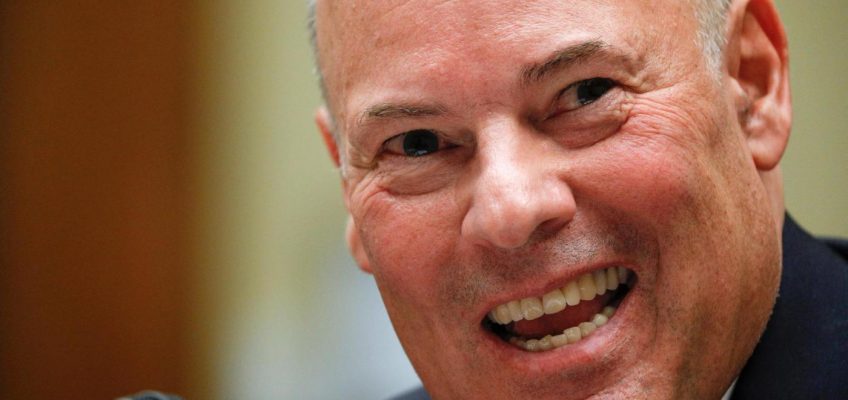By MORGAN LEE, Associated Press
SANTA FE, N.M. (AP) — A representative for the estate of actor Gene Hackman is seeking to block the public release of autopsy and investigative reports, especially photographs and police body-camera video, related to the recent deaths of Hackman and wife Betsy Arakawa after their partially mummified bodies were discovered at their New Mexico home in February.
Authorities last week announced Hackman died at age 95 of heart disease with complications from Alzheimer’s disease as much as a week after a rare, rodent-borne disease — hantavirus pulmonary syndrome — took the life of his 65-year-old wife.
FILE – Gene Hackman, right, and long-time friend Daniel Lenihan, discuss their new book, “Wake of the Perdido Star,” on Nov. 19, 1999, in Cloudclift Bakery, the cafe where they first dreamed up their adventure story, in Santa Fe, N.M. (AP Photo/Sarah Martone, File)
Hackman’s pacemaker last showed signs of activity on Feb. 18, indicating an abnormal heart rhythm on the day he likely died. The couple’s bodies weren’t discovered until Feb. 26 when maintenance and security workers showed up at the Santa Fe home and alerted police, leaving a mystery for law enforcement and medical investigators to unravel.
Julia Peters, a representative for the estate of Hackman and Arakawa, urged a state district court in Santa Fe to seal records in the cases to protect the family’s right to privacy in grief under the 14th Amendment to the U.S. Constitution, emphasizing the possibly shocking nature of photographs and video in the investigation and potential for their dissemination by media.
The request, filed Tuesday, also described the couple’s discrete lifestyle in Santa Fe since Hackman’s retirement. The state capital city is known as a refuge for celebrities, artists and authors.
The couple “lived an exemplary private life for over thirty years in Santa Fe, New Mexico and did not showcase their lifestyle,” the petition said.
New Mexico’s open records law blocks public access to sensitive images, including depictions of people who are deceased, said Amanda Lavin, legal director at the nonprofit New Mexico Foundation for Open Government. Some medical information also is not considered public record under the state Inspection of Public Records Act.
At the same time, the bulk of death investigations by law enforcement and autopsy reports by medical investigators are typically considered public records under state law in the spirit of ensuring government transparency and accountability, she said.
“I do think it does infringe on transparency if the court were to prohibit release of all the investigation records, including the autopsies,” Lavin said Thursday. “The whole idea of those records being available is to ensure accountability in the way those investigations are done.”
“There is also a public health concern given that hantavirus was involved,” Lavin said.
She said the preemptive request to prevent the release of government records on constitutional grounds is unusual.
Hackman, a Hollywood icon, won two Oscars during a storied career in films including “The French Connection,” “Hoosiers” and “Superman” from the 1960s until his retirement in the early 2000s.
Arakawa, born in Hawaii, studied as a concert pianist, attended the University of Southern California and met Hackman in the mid-1980s while working at a California gym.




